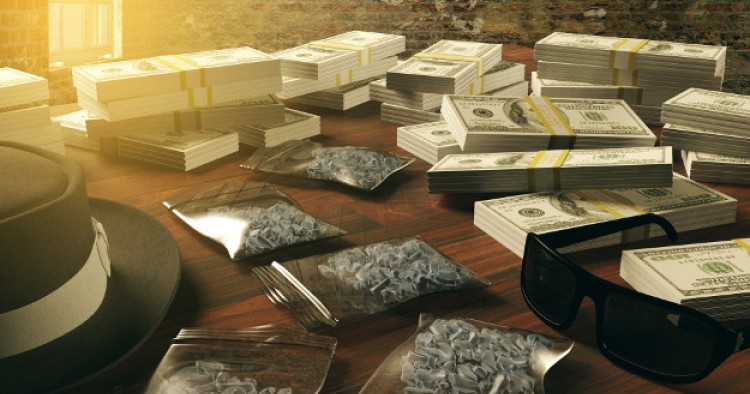A senior Iranian officials claimed today that the country’s counter-narcotics police forces have captured more than 400 tons of illicit drugs in the past six months. Brigadier General Ali Moayyedi, the deputy secretary general of Iran’s Anti-Narcotics Campaign Headquarters, added that the amount of drug seizures represents an 11 percent increase compared to the same period last year. Speaking to reporters in Tehran, the Iranian general also revealed that the country’s law enforcement forces recently dismantled a “sophisticated drug mafia network” in eastern parts of the country. The cartel, according to Moayyedi, was responsible for transiting large amounts of illicit drugs and killing a number of police forces. He added that Iranian intelligence forces identified and destroyed the group’s branch in Alborz Province in northern Iran as well. Moayyedi criticized the international community for not sufficiently appreciating Iran’s counternarcotic efforts and not having provided any significant assistance to Iran to tackle the global challenge. He also talked about the growing addiction problem in Iran and the government’s measures to address it.
Comment: Iranian leaders often praise the country’s “sacrifices” in the fight against narcotics. Earlier this year, Iran’s Foreign Minister Javad Zarif blamed Western countries for the failure of international efforts to tackle drug trafficking and claimed that the Islamic Republic pays a high price for its contribution to combating the global illicit narcotics trade. “West’s failure in preventing drug trafficking is a major problem. The fight against drug smuggling should also not be politicized,” Zarif emphasized.
Zarif is right that Iran has suffered immensely from drug problems for decades. As a neighbor of Afghanistan, which produces more than 80 percent of the world’s illegal narcotics, Iran is a major transit route for Afghan opium and its derivatives smuggled to the Middle East and Europe. The trafficking and use of narcotics have also created major security, economic and health problems for Iran. The country’s health ministry officials warned this year that drug problem has become a national epidemic. The U.N. Office of Drugs and Crime has also warned that Iran is facing one of the worst addiction crises in the world. Last December, photographs of homeless people, most of them drug addicts, published in the Iranian media triggered a national outcry in the country.
But while Iranian leaders often portray Iran as the world’s stalwart ally in the fight against drugs, the Islamic Republic has had a checkered track record and some of its policies at home and actions abroad exacerbate the drug problem in the region and around the world. For example, although some 4,000 Iranian police officers and border guards have lost their lives fighting drug kingpins and seizing drug shipments entering the country from Afghanistan, Iran’s Islamic Revolution Guards Corps (I.R.G.C.) is said to resell some of the confiscated drugs to international smugglers. In 2012, the U.S. Department of the Treasury designated General Gholamreza Baghbani, a top commander of the I.R.G.C. Quds Force, as a Specially Designated Narcotics Trafficker. “Today’s action exposes IRGC-QF involvement in trafficking narcotics, made doubly reprehensible here because it is done as part of a broader scheme to support terrorism. Treasury will continue exposing narcotics traffickers and terrorist supporters wherever they operate,” then-Under Secretary for Terrorism and Financial Intelligence David S. Cohen said. Moreover, the I.R.G.C. has contributed to Afghanistan’s instability and growing opium cultivation and trade there by assisting Taliban groups fighting in western and southern Afghan provinces - a region where most of Afghanistan's narcotics are cultivated and produced.
In a conference hosted by the Foundation for the Defense of Democracies yesterday, President Donald Trump’s National Security Adviser H.R. McMaster pointed out that the I.R.G.C. not only exports terrorism worldwide but also engages in drug smuggling. “They’re a great narcotics trafficking organization” that “enrich themselves while they poison the world – and use that money to create murder,” he said.
The Middle East Institute (MEI) is an independent, non-partisan, non-for-profit, educational organization. It does not engage in advocacy and its scholars’ opinions are their own. MEI welcomes financial donations, but retains sole editorial control over its work and its publications reflect only the authors’ views. For a listing of MEI donors, please click here.













